The invasion of liberal Ukraine by a revanchist Russia is as good an occasion as any to muse upon Australia’s political posture amidst the broader schism opening up between the America-led liberal order and Russia, China, and other traditionalist states.
As is well known – and has been the case since John Curtin’s ‘turn to America’ and the ‘all the way with LBJ’ rhetoric of the 60s – we’ve barely budged from our American masters.
Already a subscriber? Log in
Subscribe for just $2 a week
Try a month of The Spectator Australia absolutely free and without commitment. Not only that but – if you choose to continue – you’ll pay just $2 a week for your first year.
- Unlimited access to spectator.com.au and app
- The weekly edition on the Spectator Australia app
- Spectator podcasts and newsletters
- Full access to spectator.co.uk
Or

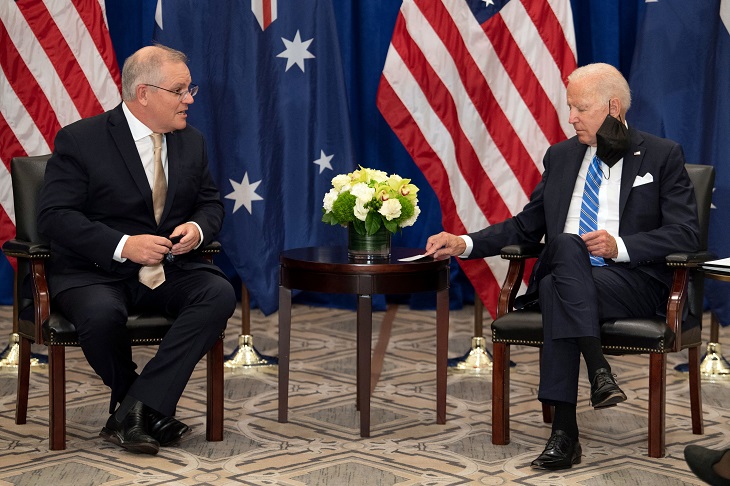
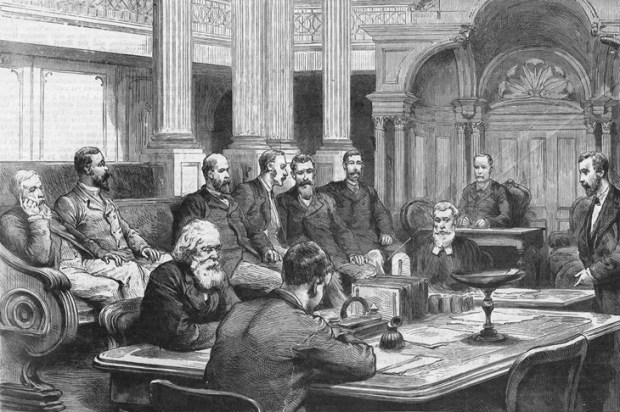
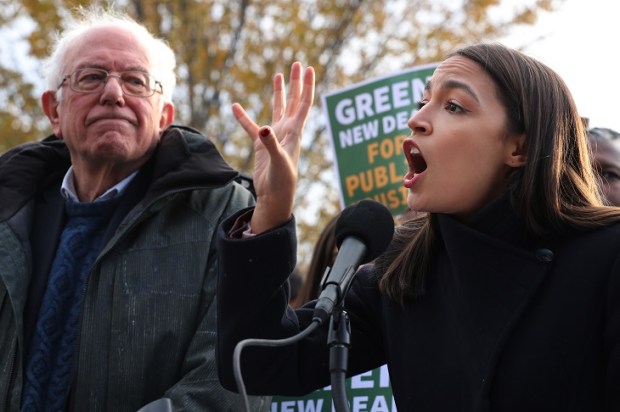

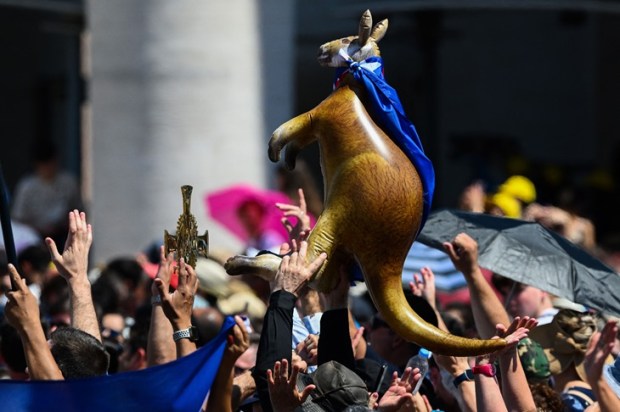
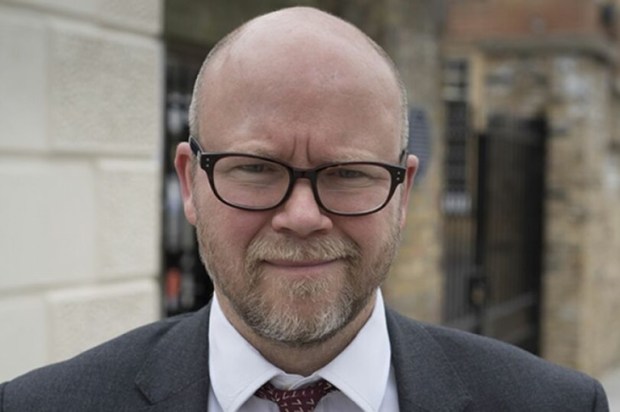



















Comments
Don't miss out
Join the conversation with other Spectator Australia readers. Subscribe to leave a comment.
SUBSCRIBEAlready a subscriber? Log in